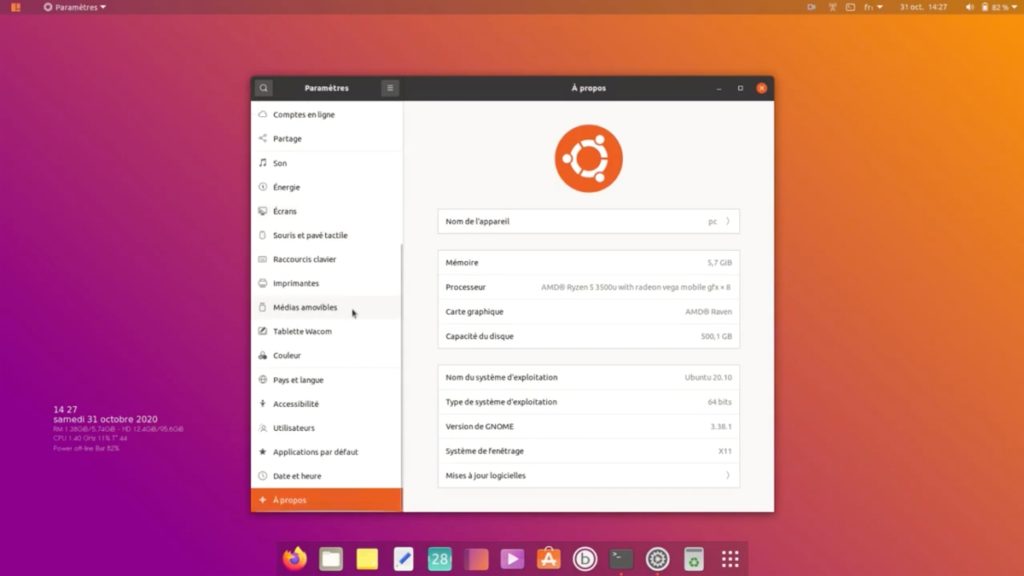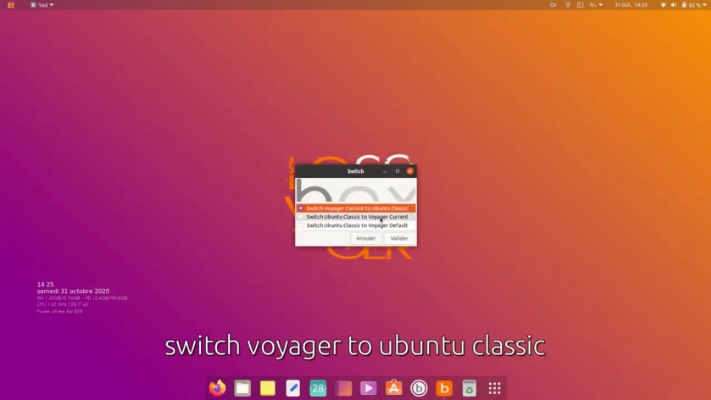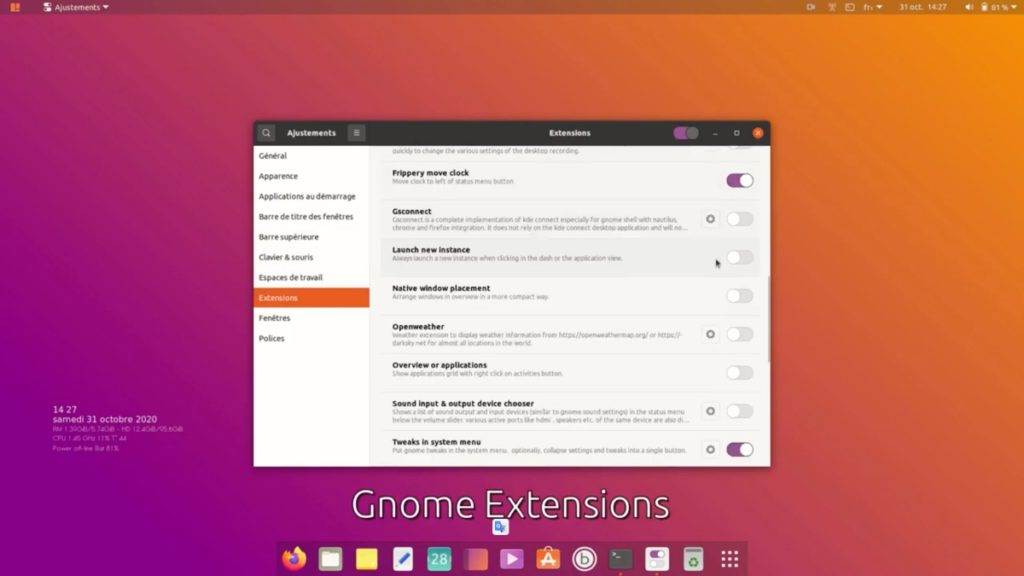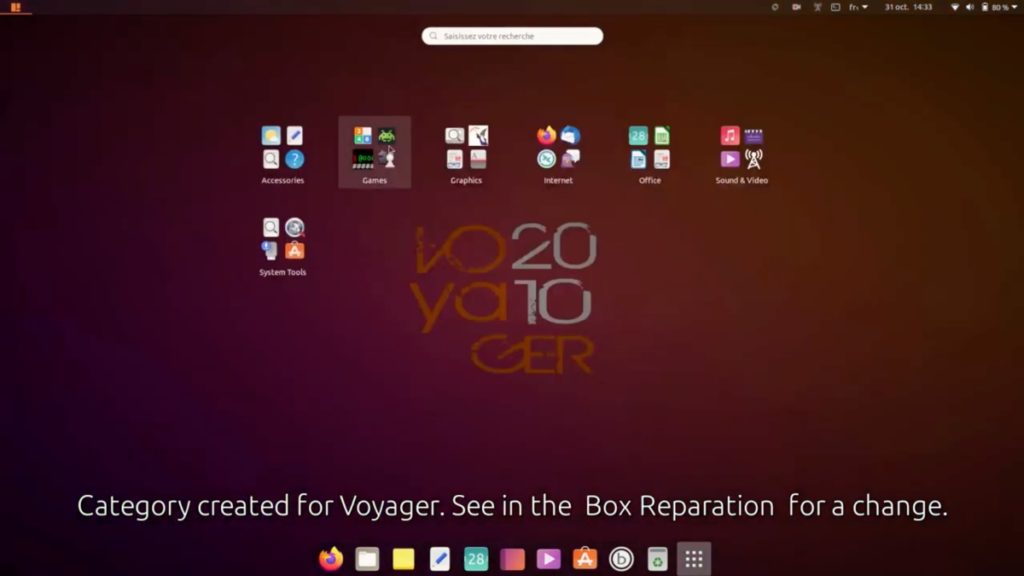After the release of Ubuntu 20.10 “Groovy Gorilla” last month, other Linux distributions built on top of Ubuntu also started announcing their own updated versions based on Ubuntu 20.10 like Pop!_OS 20.10.
Along the same line, here comes yet another Ubuntu Groovy Gorilla-based distro, Voyager 20.10 GE, featuring Linux Kernel 5.8 and GNOME 3.38 desktop environment. Let’s see what Voyager 20.10 has to offer:
Voyager GE 20.10: What’s New?
If you don’t know, Voyager distro comes in two editions with different desktop environments, namely Xfce (by default) and GNOME. However, it only offers Xfce desktop in the LTS version Voyager 20.04, and this non-LTS version 20.10 featuring GNOME shell is called GE edition.

Voyager 20.10 GE is an intermediate version with nine months of package updates and security fixes. It mainly aims to prepare for the future 5-year Long-term support (LTS) version.
This advanced and customized variant of Ubuntu has all its official repositories sharing the same base, common software, the same APT repositories, and the development cycle with Ubuntu.
Hence, it also allows you to switch to Ubuntu classic and vice-versa inside the Voyager distro using the Box Voyager GUI tool.

Along with GNOME shell 3.38, which brings a lot of exciting features, Voyager 20.10 gives you several GNOME extensions pre-installed and scripts grouped in a Box to optimize the system with a choice of the necessary software.

Though with GNOME 3.38, you no longer have a frequent tab, Voyager already comes with apps placed in a relevant category.

Here, you can have a look at a summary of features Voyager 20.10 GE brings to the table:
How To Get Voyager 20.10 GE?
Lastly, if you want to try it out right now, meet the recommended system requirements of 2GB of RAM, 25GB of free disk space, 2GHz dual processor, and then download the ISO image.
Next, create the Voyager Linux live USB by flashing images to a USB drive. Then boot and follow the installation instructions almost similar to Ubuntu.
The post Ubuntu-Based Voyager 20.10 GE Released With Linux 5.8 appeared first on Fossbytes.